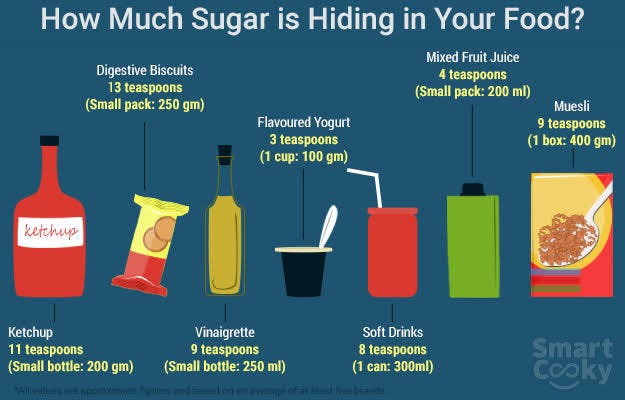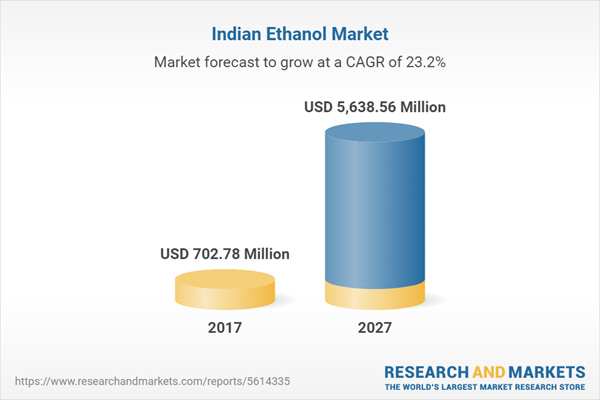🧐 Can India Quit Sugar?
The world is addicted to sugar and it's not just bad for our health but for India's economy as well. So, here's how we can possibly quit sugar.
Sugar is probably one of the most unnecessary things we consume. Sorry, if that statement ruined your meal.
There's sugar in your tea, your coffee, your Horlicks and Bournvita, your cereals and even your bread.
It is basically impossible to escape sugar.
And we've already talked about the impact of this sugar on our health and how India got addicted to it, yesterday (here's the link).
But today we're talking about how the world got addicted to sugar and what would the scenario be if India (and possibly the world) stopped consuming sugar.
🌎 How the World Got Addicted to Sugar
The knowledge of sugar spread like wildfire from India and got the Europeans and the rest of the world hooked. But before sugar came, the world still ate sweetened food.
Instead of refined sugar they either used honey or agave (plant-based) sweeteners. But once sugar plantations became common, sourcing sugar was much cheaper and easier than honey.
Plus, sugar has a super power. It isn't just a sweetener, it is also a preservative.
So, soon a lot of packaged food companies began using sugar to increase the shelf life of their products.
And this had an unintentional advantage: people ate these sugar-laden treats, their brains released dopamine, and they got hooked to these products.
This resulted in us consuming more and more packaged food, compromising our body, brain and our teeth.
It also makes you more obese, increasing risk of diabetes and heart diseases.
Concerned now? Then you may be more receptive to our next idea: quitting sugar for good.
🇮🇳 How India and the World Can Quit Sugar
Now, a lot of you may be ready to revolt at this idea, think about the farmers, think about the sugar mills, think about the job losses caused if we quit sugar.
But what if 5 crore farmers and the Rs. 80,000 crore sugar industry didn't really suffer from us quitting sugar?
How is that possible?
You see, sugarcanes could have another major use: it could replace fuel. Huh?
Yes, ethanol made from sugarcane can be used as a biofuel. These biofuels can be blended with diesel or petrol to reduce the usage of these fossil fuels.
This will have several benefits:
It will reduce our dependence on foreign crude oil. Just blending 20% ethanol (the goal we want to achieve by 2025) can reduce our costs by Rs. 30,000 crore per year!
It will reduce the government's expenditure on export subsidies for sugar.
And it can increase the price that farmers get for their sugarcanes.
So, why haven't we adopted biofuels already?
Well, we do blend ~10% ethanol in fuel, but there's a lot of hue and cry about using biofuels right now. Because the world is also facing acute food scarcity. So, many countries are strictly against using food for making fuel. But if we use sugarcane purely as an energy crop, some of these concerns could be abated.
This is the perfect time to do so as well, because India just got its first flex fuel car that runs on 100% ethanol manufactured by Toyota.
And as biofuels are usually greener than cars that run on petrol or diesel (they can reduce 5% greenhouse gas emissions).
So, everyone wins. Or do they?
Well, we don't want to be overly optimistic. So here are some problems that can come with this plan:
While 20% blending can work out, the use of 100% ethanol is fuel may not happen soon. Because flex-fuel cars are more expensive than regular cars.
The electric vehicle industry could put an end to cars run on fossil fuels, reducing ethanol demand eventually. That's because the world is now concerned about climate change. And while biofuels can reduce emissions by 5%, EVs can reduce emissions by almost 65%.
Now, there's a lot of time before EVs completely replace ICE, so it is not a short term problem. But when that does happen, sugar mills producing ethanol will still continue to exist.
Ethanol is required in a number of industries like making cleaners, pharmaceuticals, alcohol, cosmetics etc.
And the demand for most of these products is now rising.
However, this demand may not be enough to sustain so many sugarcane farmers in the long run, once we stop using ethanol as fuel.
So, until that day comes, the government could work on slowly helping farmers shift from sugarcane to other crops. This could also be good for our environment because sugarcane is a super thirsty crop that requires a lot of water. If farmers switch to other crops, it would help us save water.
Now, this sounds like a plan but we're sure that a move away from sugar will be more challenging than we can conceive. But hey, no pain, no gain.
Also…what about those with a sweet tooth? How will they ever enjoy their favourite foods, the yummy rasgullas, the hot gulab jamuns, without sugar?
Well, there could be a way around that as well. Interested? Stay tuned for Part 3!
In a line: Quitting sugar could be a jackpot moment for India reducing export subsidies and import bill at once.
Quick question: Do you think we can successfully quit sugar?
Share this with your friends via WhatsApp or Twitter and help us grow! See you tomorrow :)
You can also listen to our stories. Catch it on Spotify, Apple Podcast, Amazon Music, Google Podcasts, Gaana or Jio Saavn.
If you are coming here for the very first time: Don’t forget to join us on WhatsApp to get daily updates! 👇




